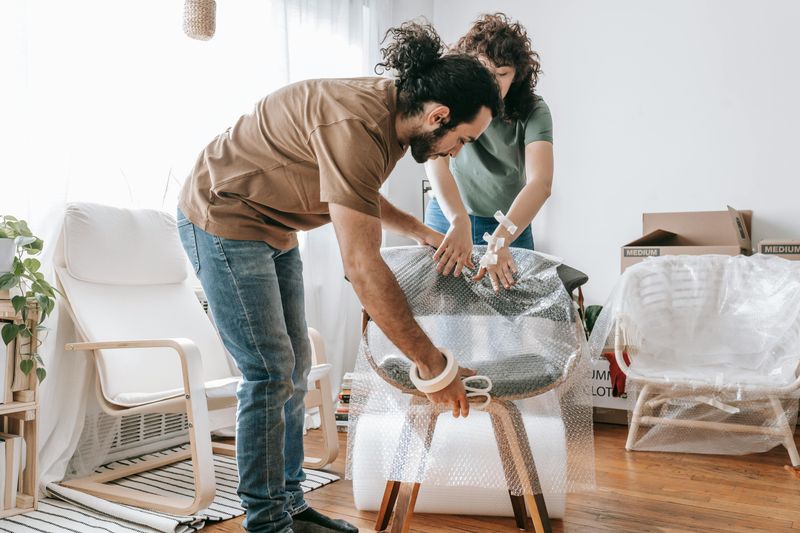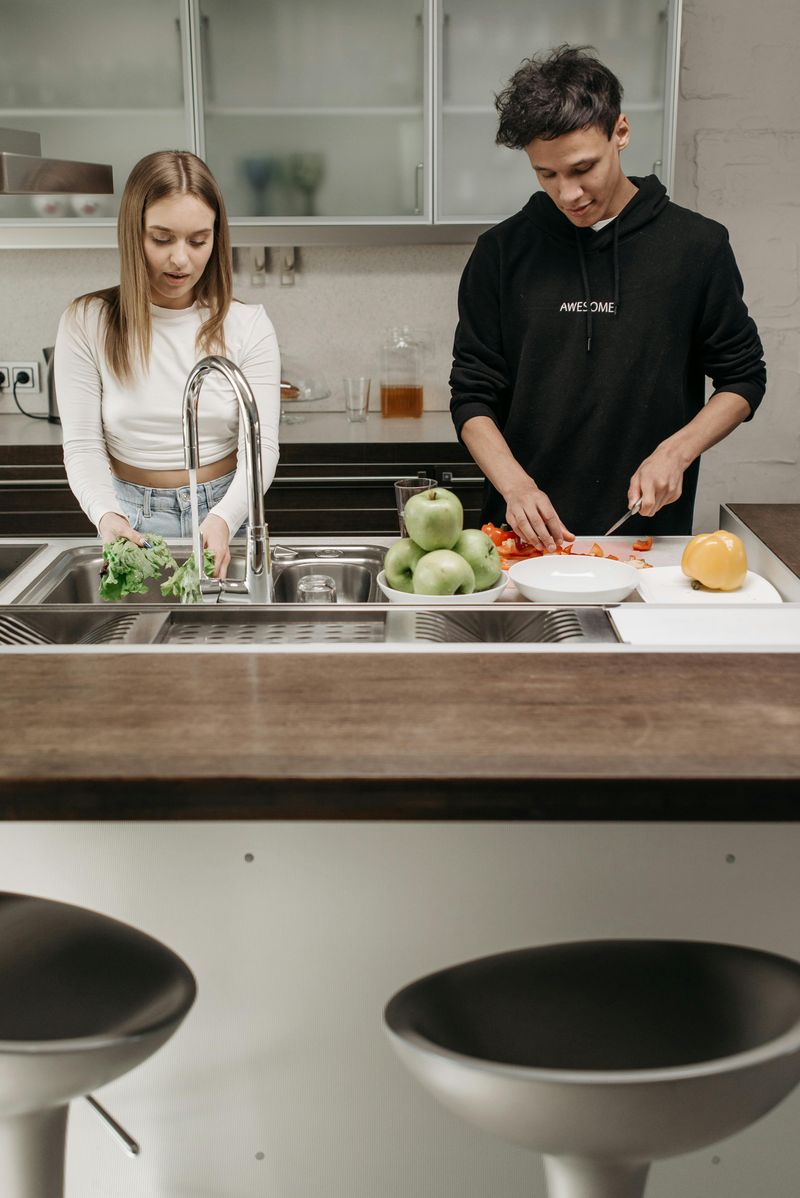7 Daily Habits Psychologists Say Make Relationships Last a Lifetime

Strong relationships don’t just happen by accident – they’re built day by day through intentional habits. What separates couples who thrive for decades from those who drift apart? Psychologists have identified key daily practices that create the foundation for lasting love. These simple yet powerful habits might seem small, but when practiced consistently, they create the emotional glue that helps relationships withstand life’s challenges.
1. Playful Touch and Affection

A gentle shoulder squeeze while passing in the hallway. A playful wink across the dinner table. These small moments of physical connection release oxytocin, the bonding hormone that creates feelings of trust and attachment.
Relationship experts find that couples who maintain physical affection—holding hands during movies, quick hugs before leaving the house, playful tickle fights—build a foundation of emotional safety. The touch doesn’t need to be sexual; it’s about creating connection.
Couples who thrive make physical affection a habit rather than an afterthought. Even during arguments, maintaining some form of gentle contact helps partners stay emotionally tethered to each other.
2. Turning Chores Into Teamwork

Folding laundry becomes a chance to chat about the day. Cooking dinner transforms into a dance of coordination and creativity. When couples approach household tasks as shared rituals rather than obligations, mundane activities become opportunities for connection.
Research shows that couples who divide chores equitably report higher relationship satisfaction. But beyond fairness, it’s the spirit of partnership that matters most. Working side by side creates a sense of accomplishment and solidarity.
Many long-lasting couples develop their own unique systems and routines around domestic tasks. These shared rhythms become part of their relationship identity, reinforcing their bond as a team navigating life together.
3. Daily Check-In Conversations

“How was your day, really?” This simple question, when asked with genuine curiosity, creates a daily bridge between partners. Successful couples carve out dedicated time—even just 10 minutes—to connect emotionally each day.
During these check-ins, partners share not just events but feelings. The goal isn’t problem-solving but understanding. A spouse might share frustration about a work project while their partner listens attentively, offering support without jumping to solutions.
Marriage counselors note that these brief daily conversations prevent emotional distance from developing. They create a habit of openness that makes it easier to discuss bigger issues when they arise, maintaining emotional attunement through life’s ups and downs.
4. Side-by-Side Activities

Reading books in the same room. Working on separate hobbies at the kitchen table. Relationship psychologists call this “parallel play,” and it creates comfortable togetherness without constant interaction.
Long-term couples understand that healthy relationships balance connection with independence. Sharing space while engaged in individual activities fosters a sense of companionship without pressure or demand. The key is proximity without expectation.
Creative collaboration takes this concept further. Whether building furniture, planning vacations, or gardening together, shared projects create flow states where couples bond through common purpose and achievement. These activities build a reservoir of positive experiences that strengthen the relationship foundation.
5. Five Positives for Every Negative

Relationship researcher John Gottman discovered that stable couples maintain a specific balance: at least five positive interactions for every negative one. This 5:1 ratio creates emotional resilience that helps relationships weather inevitable conflicts.
Positive interactions don’t need to be grand gestures. A smile, a compliment, a thoughtful question, or a moment of gratitude all count. These small deposits in the “emotional bank account” build goodwill that sustains connection during challenging times.
Couples who master this balance don’t avoid disagreements—they simply ensure negative moments are surrounded by many more positive ones. This practice prevents criticism and defensiveness from dominating the relationship atmosphere, maintaining a climate of appreciation and respect.
6. Responsive Listening

When your partner speaks, do you truly hear them? Emotionally attuned couples practice responsive listening—putting down phones, making eye contact, and engaging fully with what their partner is saying. This presence communicates: “You matter to me.”
Responsive listening involves more than just hearing words. It means noticing emotional cues, asking clarifying questions, and reflecting back what you understand. Empathy flows naturally from this practice, creating deep emotional safety.
Marriage therapists often observe that couples who practice this habit resolve conflicts more effectively. By truly understanding each other’s perspectives before responding, they avoid the misunderstandings that fuel relationship discord, building a foundation of mutual respect and validation.
7. Exploring New Experiences Together

The couple who tried salsa dancing for the first time and couldn’t stop laughing at their missteps. The pair who finally hiked that challenging trail and celebrated at the summit. Novel experiences trigger dopamine release, creating excitement that partners associate with each other.
Psychologists call this “self-expansion”—growing individually and as a couple through new experiences. Research shows that couples who regularly try new activities together report higher relationship satisfaction and passion, even years into their relationship.
The novelty doesn’t require grand adventures. Trying a new restaurant, taking a different route on your walk, or learning a skill together all create fresh neural pathways. These shared discoveries prevent relationships from falling into predictable routines, keeping the connection dynamic and alive.

Comments
Loading…